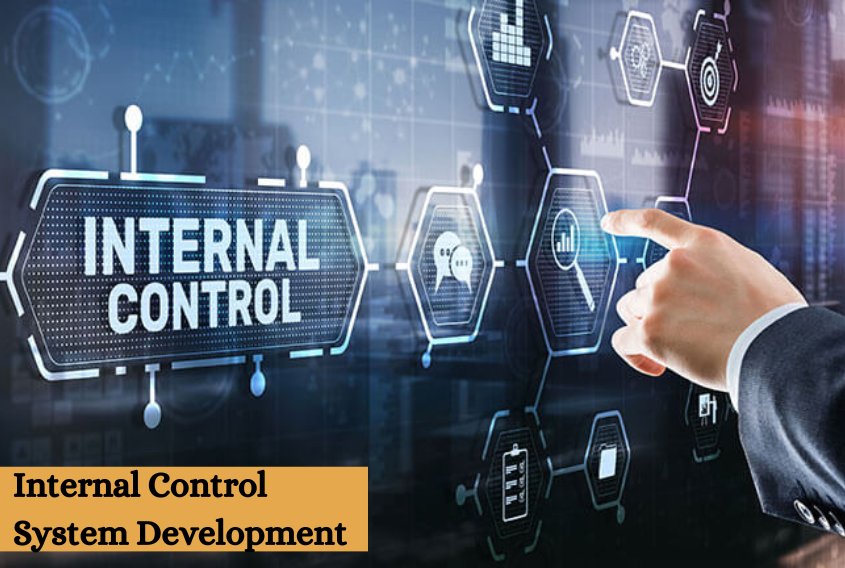Internal Control System Development
The development of an internal control system refers to the systematic process of designing, implementing, and maintaining a control framework within an organization to ensure the achievement of its objectives. The main objectives of an internal control system are to safeguard assets, promote operational efficiency, ensure the reliability of financial information, and facilitate compliance with laws and regulations. The development process involves several key steps, including risk assessment, identification of control activities, segregation of duties, establishment of policies and procedures, and ongoing monitoring and evaluation. Internal control systems are tailored to the specific needs and risks of the organization, taking into account factors such as size, industry, and regulatory environment. A well-developed system of internal control assures management and stakeholders that the organization’s resources are being used effectively, that financial information is accurate, and that risks are being managed effectively. It is essential to regularly review and update the internal control system to adapt it to changing circumstances, technologies, and the business environment.

Who Develops Internal Control Systems?
The development of internal control systems is a collaborative effort involving various stakeholders within an organization. While ultimate responsibility often lies with senior management and the board of directors, different roles contribute to the process:
- Top-Level Management
- Internal Auditors
- Finance Managers and Controllers
- Chief Information Officer (CIO) and IT Managers
- Human Resources (HR) Professionals
- Department Heads and Operational Managers
- Audit Committee
- External Audit Firms
The collaboration of these different functions ensures a comprehensive and effective system of internal control that takes into account financial reporting, operational efficiency, and compliance with laws and regulations. Organizations must foster a culture that emphasizes the importance of internal controls and continuous improvement in this regard.
Advantages of Internal Control System Development
Implementing an effective internal control system has many benefits for organisations. These include :
- Risk Mitigation: Internal control systems find and eliminate hazards that could compromise the accomplishment of the goals of the company. Organizations can reduce the possibility of unfavorable outcomes and make educated decisions by evaluating and managing risks.
- Safeguarding Assets: Internal controls aid in preventing fraud, theft, and misuse of the company’s assets. Effective controls guarantee that resources are used effectively and protected from unwanted access or use.
- Accurate Financial Reporting: Financial information is more reliable when internal controls are in place. Establishing precise documentation and disclosure of fiscal dealings fosters confidence among interested parties, including creditors, investors, and regulatory agencies.
- Operational Efficiency: Well-designed internal controls encourage efficiency and simplify processes. They contribute to process optimization, mistake reduction, and increased overall activity efficacy within the company.
- Compliance with Laws and Regulations: Systems of internal control help ensure adherence to relevant laws, rules, and industry standards. This is essential to prevent legal problems, fines from the authorities, and harm to your reputation.
- Fraud Prevention and Detection: Internal controls help in the prompt detection of abnormalities and serve as a disincentive to fraudulent activity. This is especially crucial for safeguarding the organization’s finances and moral character.
The benefits of an internal control system go beyond compliance and financial correctness; they include overall organizational performance, risk management, and the development of a platform for long-term growth and prosperity.
